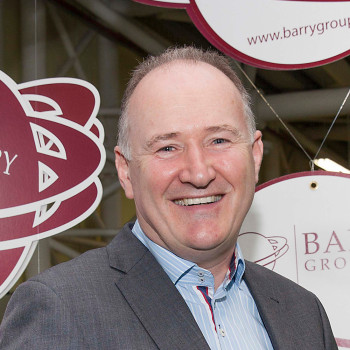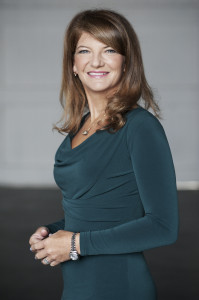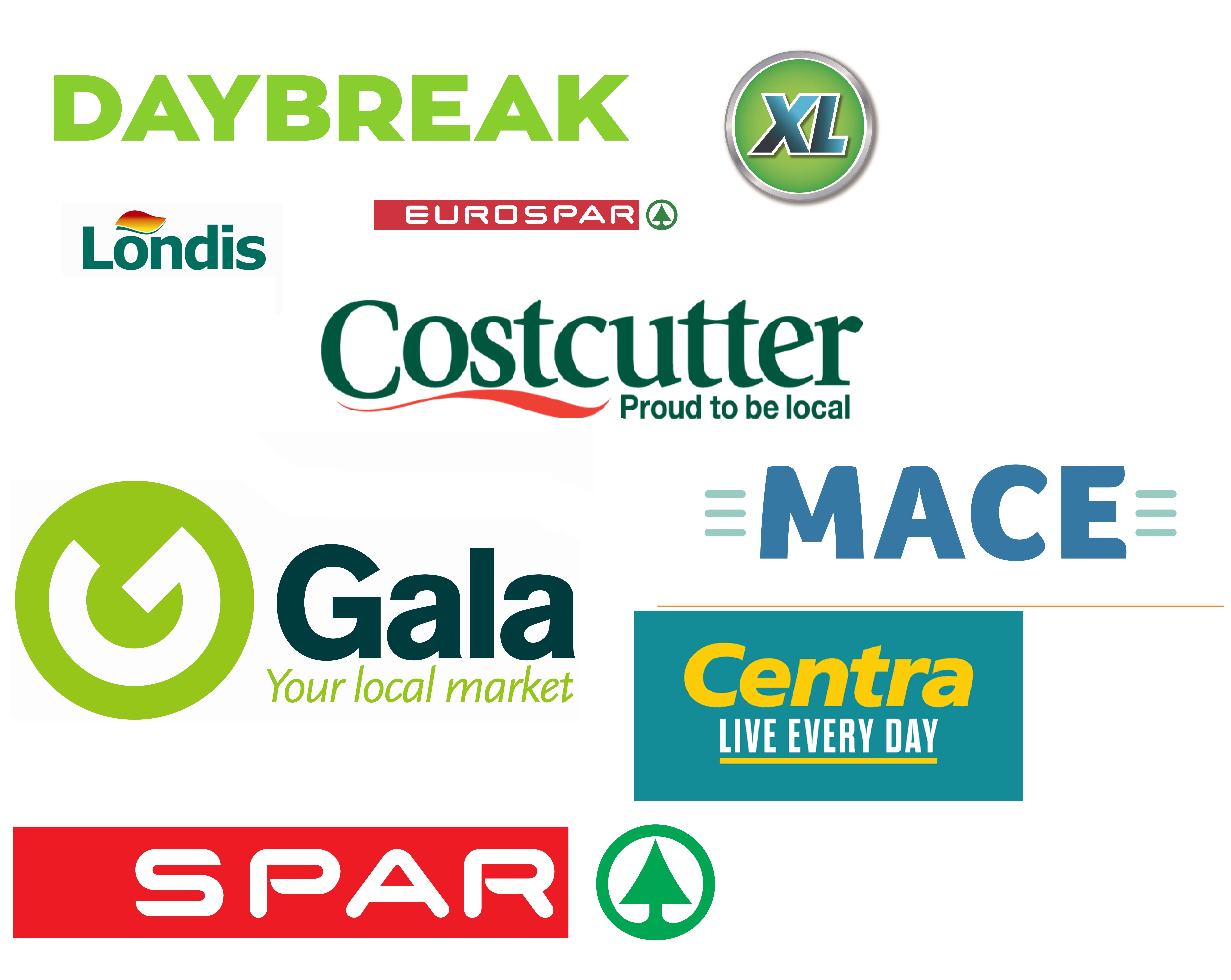Follow the leader

Jim Barry, MD of Barry Group, talks to Charley Stoney, Group MD of Alternatives talent solutions about his leadership style
12 December 2014
With the technological efficiencies of a large organisation and yet the nimble mind set of a medium sized company, Jim Barry, MD of Barry Group, is in an enviable position. Compared to the retail giants that make up his competitor set, in his not insignificant €250m business, he has been quick to address the necessary changes required of a diverse retail business in today’s environment.
It was in 2012, on a CEO retreat in San Francisco, with the Ernst & Young “Entrepreneur of the Year” finalist alumni, that Barry had his most recent “epiphany”. His honesty and ability to self-assess, as well as analyse the business needs, led him to the realisation that both he and his organisation needed to change their way of working in order to come out of the downturn, not just surviving but winning.
“Like a lot of companies during the good times, our numbers looked strong so we probably didn’t examine them in enough detail to establish what was really working and what was being propped up by other parts of the business,” says Barry. “I came back from that trip with a determination and renewed energy to improve not just the company performance but my own way of managing the business.”
Barry calls it ‘going forensic’ across each area of the business and while away on his CEO retreat, he identified 20 projects across the company where improvements could be made to processes by increasing efficiencies or investing in technology.
His energy and enthusiasm for change is highly infectious and yet I wondered what impact this pronouncement had on his team at the time?
His response was a far-sighted and surprising one from an entrepreneur and owner of a successful business, as he recognised the need to engage and nurture his leadership team through this phase rather than impose the change. To help his directors gain the necessary skill sets to embrace this change they enrolled in a full Leadership Development programme (masters standard).
“In addition we now have 16 of our leaders/managers signed up to level 8 accreditation in our Leadership Development Programme, which was designed specifically for the Barry Group, in conjunction with people dimensions /AIT,” says Barry. “A further 30 team members have completed a project management programme.”
How would you describe your leadership style now and how has this changed over the years?
“I invest a lot of time ensuring that we have the correct strategy so that the Barry Group will prosper as a company and I also ensure that all department heads fully understand what is expected of both themselves and their department and the importance of delivery. I am a big believer in a positive team environment as it enables good communication flow across departments and leads to joined up thinking and doing. In my experience this leads to better customer service which leads to better company performance. I believe in being very clear on the culture of the company and leading by example to ensure all team members buy into that culture. I believe in continually challenging what we do because I always believe that there is room for improvement no matter how good you are.
“In the past I did not get into as much detail as I do now. I now focus on less at one time as opposed to before when perhaps I was spread thinner over more projects. I have also had to improve my own communication skills so once a brief is given I reconfirm it with the team or individual concerned so we have absolute clarity around expectations. This clarity has improved our delivery across all our key projects.”
You obviously believe in building the next generation of leaders from within. How would you advise other leaders to go about this and what key successes have you seen in your own organisation as a result of the training programmes you have put in place?
“Before you start developing leaders from within you need to be very clear on certain things: Culture of company; style of leadership/management; strategy; understanding of customer requirements and performance requirements.
“There is a need to help them understand the difference between a management and a leadership role and this can sometimes take time. It is vital to be honest with yourself when selecting leaders for the future – (just because somebody could be a good worker does not automatically mean that they will be a good leader).
“I would certainly recommend providing leadership training first to see if the person would be capable of carrying out a leadership role and I would invest time as early as possible in new leaders as it is a long process. Empowerment is vital but only after a clear understanding of what is to be achieved (KPIs are vital to act as a score board).”
Can you elaborate on the Leadership Development programme for your team and what the key learnings have been?
“In my experience four key competencies are vital to all leaders, but play out in unique ways when leaders step into this role: Self-awareness, learning agility, communication and influence. Aside from learning these competencies, the LDP we devised has strengthened their ability to think and act systemically and most importantly, be resilient.
“By applying the lessons of LDP, I hope the leaders in our business will be able to:
- Communicate direction, achieve buy-in from their teams and constantly seek to bridge the gap between senior management and the front line.
- Improve their objectivity and influencing skills and manage politics through collaboration.
- Solve complicated problems and take wise action in a complicated, rapidly changing environment.
- Build resiliency and learn from their multiple life roles to manage stress and become more effective.”
Do you agree that the downturn has resulted in an improvement of commercial skill sets in the Irish market and what examples of this have you seen in your own organisation?
“I think most companies have had no choice but to up their game in every aspect of their business or else they most likely would not be in good shape for the future. In our sector, there has been a major reduction in our sector market share in the last 10 years.
“A company like Barry Group has to keep reinventing in order to have a future as well as leading our customers down a new path to ensure that they will be relevant for the long term. From a Barry Group perspective we have continually challenged our plans and processes and as a result of this mind-set we expect to have a very positive year next year.”
Now that the business is on track for greater efficiency and improvements to all aspects of its customer interface, what are your growth plans for the year ahead?
“We have seven main selling channels and we expect all seven to be in double digit growth next year!”
What are your key predictions for the next few years in terms of the Irish retail landscape?
“While I am expecting growth in the overall market, there is no doubt it will be a hostile market price wise. The convenience sector will most likely remain in decline for another year or two and I predict that the discounters’ market share will hit 20%. The convenience retailers who adapt should do well and I believe that social media will have a major impact on trade so those companies, such as Barry Group that are engaging at this level will be a step ahead.”
Alternatives works with companies like Barry Group to unearth the best talent in commercial, customer facing and marketing roles, and so help them become the leaders of tomorrow. For more information contact Charley on cstoney@alternatives.ie.



 Print
Print





Fans 0
Followers